A lonely artist leaves his paintings on the front doors of people's homes in an attempt to connect with them. However, one person won't accept his gift.
Related Movies

Metropolis (1927)
In a futuristic city sharply divided between the rich and the poor, the son of the city's mastermind meets a prophet who predicts the coming of a savior to mediate their differences.
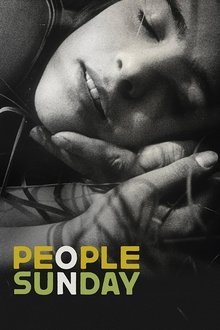
People on Sunday (1930)
A semi-documentary experimental 1930 German silent film created by amateurs with a small budget. With authentic scenes of the metropolis city of Berlin, it's the first film from the later famous screenwriters/directors Billy Wilder and Fred Zinnemann.
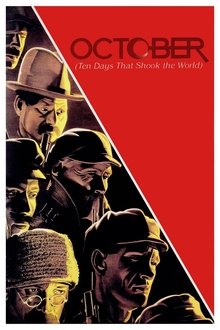
October (Ten Days that Shook the World) (1928)
Sergei M. Eisenstein's docu-drama about the 1917 October Revolution in Russia. Made ten years after the events and edited in Eisenstein's 'Soviet Montage' style, it re-enacts in celebratory terms several key scenes from the revolution.
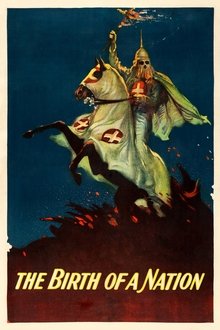
The Birth of a Nation (1915)
Two families, abolitionist Northerners the Stonemans and Southern landowners the Camerons, intertwine. When Confederate colonel Ben Cameron is captured in battle, nurse Elsie Stoneman petitions for his pardon. In Reconstruction-era South Carolina, Cameron founds the Ku Klux Klan, battling Elsie's congressman father and his African-American protégé, Silas Lynch.

Sunrise: A Song of Two Humans (1927)
A married farmer falls under the spell of a slatternly woman from the city, who tries to convince him to drown his wife.

Nanook of the North (1922)
This pioneering documentary film depicts the lives of the indigenous Inuit people of Canada's northern Quebec region. Although the production contains some fictional elements, it vividly shows how its resourceful subjects survive in such a harsh climate, revealing how they construct their igloo homes and find food by hunting and fishing. The film also captures the beautiful, if unforgiving, frozen landscape of the Great White North, far removed from conventional civilization.

Battleship Potemkin (1925)
A dramatized account of a great Russian naval mutiny and a resultant public demonstration, showing support, which brought on a police massacre. The film had an incredible impact on the development of cinema and is a masterful example of montage editing.

Love Is the Devil: Study for a Portrait of Francis Bacon (1998)
In the 1960s, British painter Francis Bacon surprises a burglar and invites him to share his bed. The burglar, a working class man named George Dyer, accepts. After the unique beginning to their love affair, the well-connected and volatile artist assimilates Dyer into his circle of eccentric friends, as Dyer's struggle with addiction strains their bond.

Vicky Cristina Barcelona (2008)
Two girlfriends on a summer holiday in Spain become enamored with the same painter, unaware that his ex-wife, with whom he has a tempestuous relationship, is about to re-enter the picture.
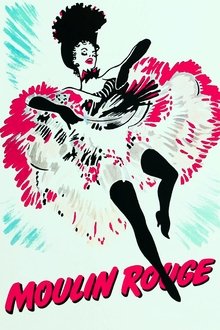
Moulin Rouge (1952)
Born into aristocracy, Toulouse-Lautrec moves to Paris to pursue his art as he hangs out at the Moulin Rouge where he feels like he fits in being a misfit among other misfits. Yet, because of the deformity of his legs from an accident, he believes he is never destined to experience the true love of a woman. But that lack of love in his life may change as he meets two women

The Sins of Love (1929)
The troubled situation of a provincial actor and his actress wife who come to the city. The actor is suspected of attacking another actor who admires the actress.
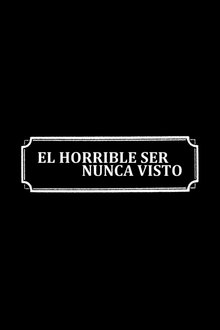
El horrible ser nunca visto (1966)
A young woman who lives with her uncle begins to dream about a monster that lurks in the shadows of the night.
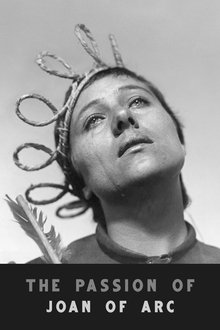
The Passion of Joan of Arc (1928)
A classic of the silent age, this film tells the story of the doomed but ultimately canonized 15th-century teenage warrior. On trial for claiming she'd spoken to God, Jeanne d'Arc is subjected to inhumane treatment and scare tactics at the hands of church court officials. Initially bullied into changing her story, Jeanne eventually opts for what she sees as the truth. Her punishment, a famously brutal execution, earns her perpetual martyrdom.

The Springtime of Life (1912)
A motherless child has a tumultuous existence, but she eventually becomes a famous international opera singer. Past and present meet when she performs in her original home town.

CU: Farewell (2021)
The protagonist recalls her past while her daughter is going to leave her forever. Years ago, the protagonist came from a province to a big city to get rid of poverty. Marriage to a gangster didn’t make her happy. She fell in love with her husband’s accomplice and soon got pregnant. Murder seems the only solution to the lovers…
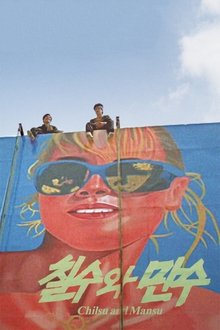
Chilsu and Mansu (1988)
An aimless young man and his sign-painter friend draw a crowd when they climb to the top of a high-rise billboard.

The Honor of His Family (1910)
An old colonel is proud as a peacock: his son leads a group of volunteers in the American Civil War. Untill one day his son returns home as a deserter.
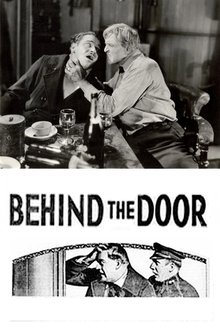
Behind the Door (1919)
Oscar Krug is looked upon with suspicion by his neighbors because of his German name. When the US is drawn into the war with Germany, he enlists and travels the seas with his wife, Alice Morse. During a submarine attack Alice is snatched from Krug's side by a German officer. Krug now lives to have his revenge, and when the opportunity presents itself, he will have it.
